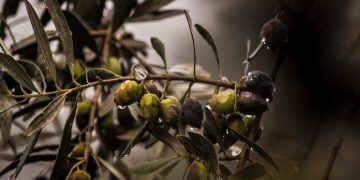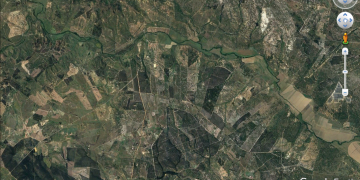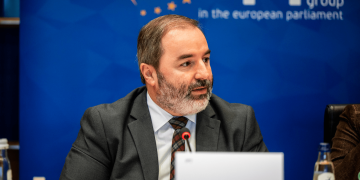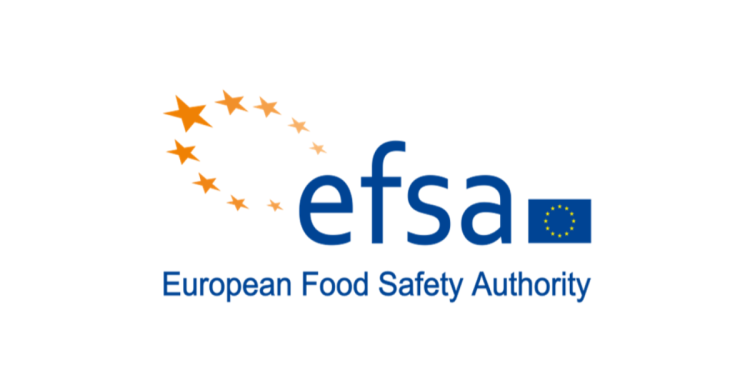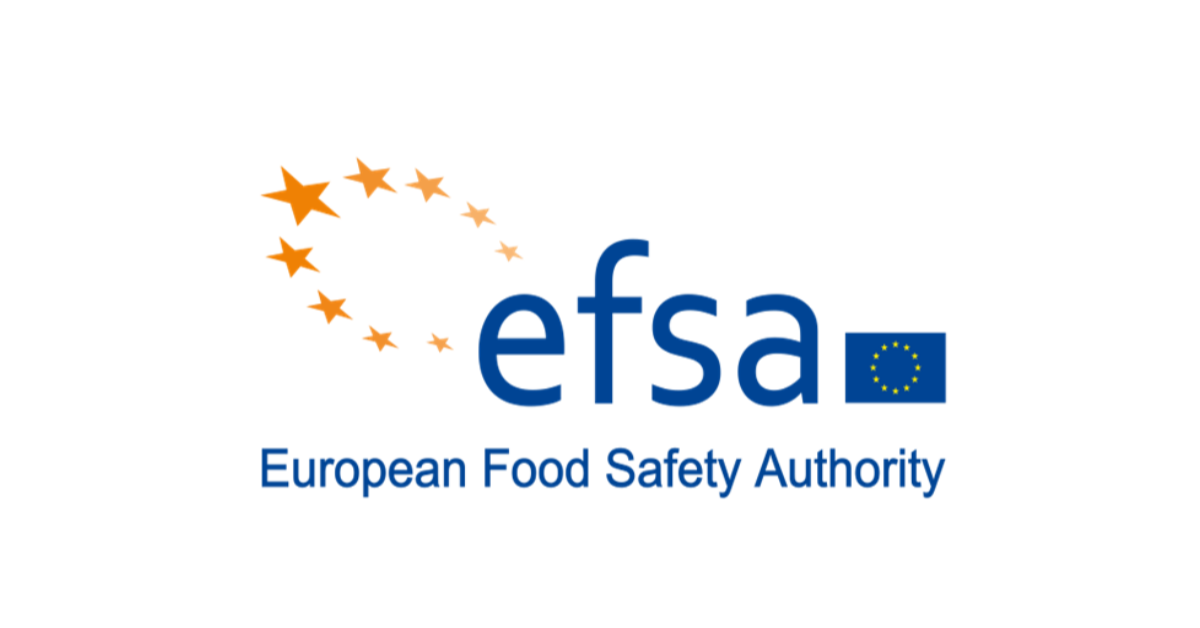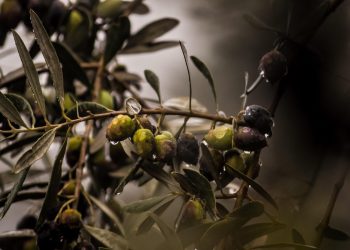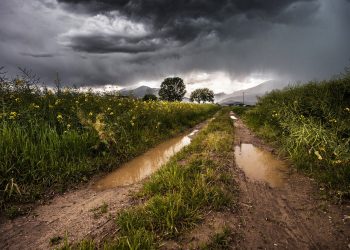“When citizens understand the vital role of plant health in their lives — from the food on their tables to the air they breathe — they become powerful agents of change,” explains Sylvain Giraud, Head of Plant Health Unit in the Directorate General for Health and Food Safety (DG SANTE). “#PlantHealth4Life is a reminder that each of us can make a meaningful difference by staying informed and making thoughtful choices that help protect what sustains us all.”
“A plant isn’t just a plant — it can carry other living organisms too,” said Giuseppe Stancanelli, Team Leader for Plant Health RISK ASSESSMENTA specialised field of applied science that involves reviewing scientific data and studies in order to evaluate risks associated with certain hazards. It involves four steps: hazard identification, hazard characterisation, exposure assessment and risk characterisation at EFSA. “In our interconnected world, plants move more than ever. That’s why the EU relies on science-based risk assessment to understand and manage potential threats to plant health— helping to protect our environment, agriculture, and BIODIVERSITYA term used to describe the variety of living organisms existing in a specific environment. Through the #PlantHealth4Life campaign, we’re raising awareness across Europe.”
With a stronger focus on participation, collaboration, and citizen empowerment, this year’s #PlantHealth4Life campaign brings together partners from 26 EU Member States, 5 EU pre-accession countries, and Switzerland to raise awareness and inspire critical thinking about the vital links between healthy plants, the environment, and our everyday lives. Emphasising practical action and community involvement, the campaign encourages informed citizens not only to reflect, but also to share their knowledge and inspire others to join in the collective effort to safeguard our ecosystems and economies.
How does plant health affect our lives?
Plants make up 80% of the food we eat, feed the animals we raise for food, and clean the air we breathe. But that’s not all: healthy plants mean good agricultural yield, which impacts food availability and food prices for consumers. Climate change and human activities, such as trade and travel put plants under heavy pressure. The spread of plant pests and diseases can have devastating economic and environmental consequences. For example, outbreaks of the bacterial PATHOGENOrganism (e.g. bacterium, virus and parasite) that can cause diseaseXylella fastidiosa, have devastated olive groves in southern Italy for over a decade, leading to the loss of millions of trees and threatening biodiversity and local economies.
However, many citizens remain unaware of why plant health matters. #PlantHealth4Life aims to raise collective awareness about risks to plant health and about the role each of us can play to protect plants.
Andrzej Chodkowski, Chief Inspector of Plant Health in Poland, encourages ‘everyone to cooperate and take care of the plants in your immediate surroundings so that we can enjoy their rich greenery and together bring to life the idea: ‘Protecting Plants, Protecting Life!’
Spread the word and get involved!
The actions of every European are key to keeping plants healthy. Visit the #PlantHealth4Life campaign website and discover how the campaign encourages the public to safeguard plant health. Resources include press materials, social media posts, and videos.
The campaign is open to everyone, with a particular focus on:
Curious travelers who love exploring the world and nature.
Gardeners who grow and take care of your vegetables, flowers and trees at home.
Parents who are concerned about the food their children eat, and eager to protect farming communities, the environment and biodiversity for future generations.
This year, #PlantHealth4Life will once again tour fairs, exhibitions, and schools in participating countries. Check out the national page of the campaign website to see what’s going on in your country and stay tuned for more information as it becomes available!
About the campaign
#PlantHealth4Life is a multi-year and multinational campaign developed at the request of the European Commission and based on an in-depth analysis of citizen perceptions and behaviour with respect to plant health across the EU.
The campaign continues to extend its scope and reach, welcoming 10 newcomers in 2025: Austria, Bulgaria, Italy, the Netherlands, and Romania join the existing 21 EU Member States: Belgium, Croatia, Cyprus, Czechia, Denmark, Estonia, Finland, France, Germany, Greece, Hungary, Ireland, Latvia, Lithuania, Malta, Poland, Portugal, Slovakia, Slovenia, Spain, and Sweden. Four new pre-accession countries: Albania, Bosnia & Herzegovina, Kosovo*, and Türkiye join Montenegro as #PlantHealth4Life members, alongside Switzerland.
*This designation is without prejudice to positions on status, and is in line with UNSCR 1244/1999 and the ICJ Opinion on the Kosovo Declaration of Independence.
O artigo foi publicado originalmente em EFSA.

